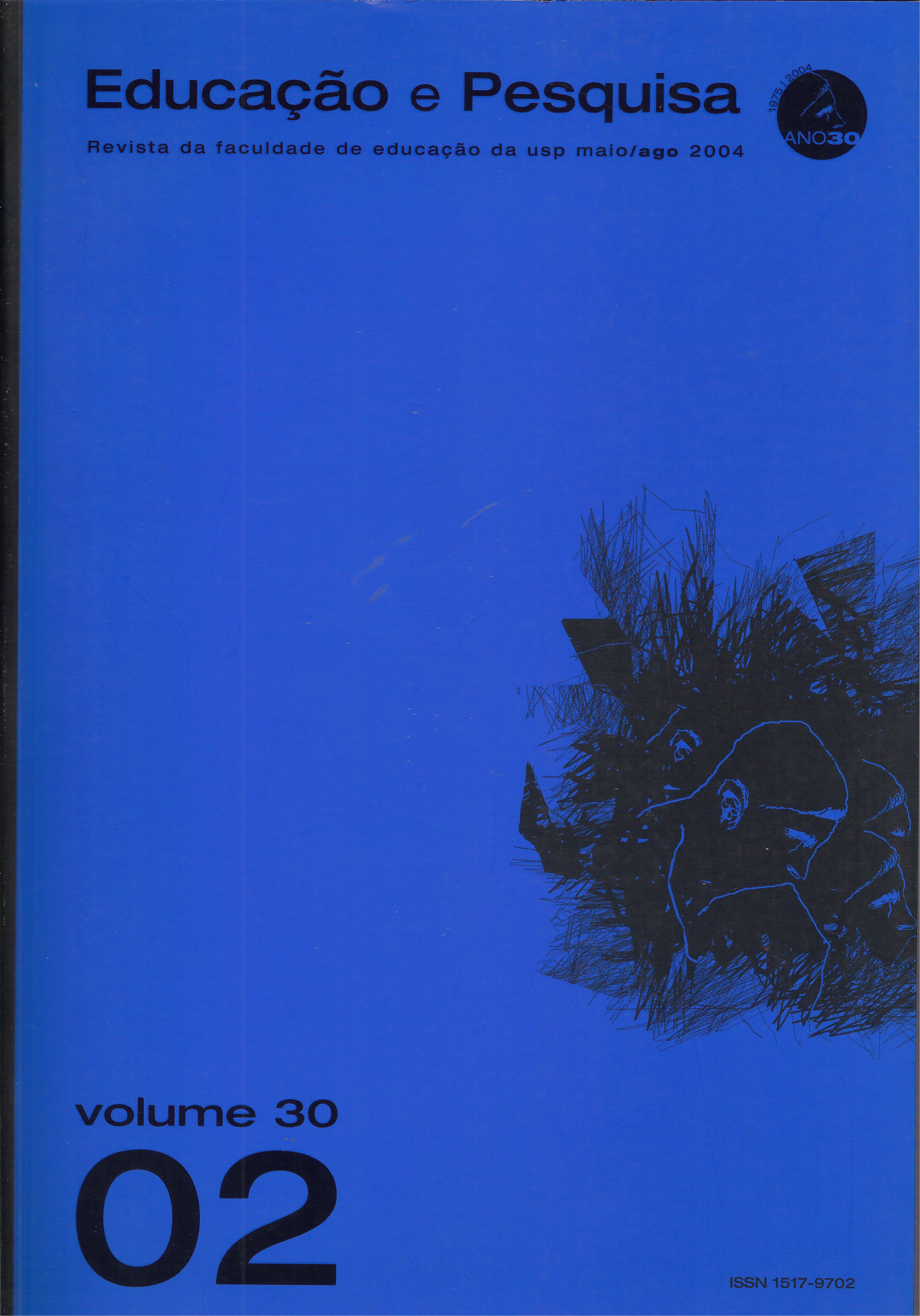Life cycles: some questions on the psychology of the adult
DOI:
https://doi.org/10.1590/S1517-97022004000200002Keywords:
Culture and psychological development, Adult psychology, Education of youngsters and adultsAbstract
This article seeks to systematize some reflections on the possibility of formulating a psychology of the adult, starting from the definition of psychological development as a transformation that occurs throughout the life, and from the postulation of adulthood as a culturally organized stage of the subject's passage through the typically human existence. Based on the assertion of the importance of the cultural practices and activities to the constitution of the psyche, especially through the execution of tasks and the use of instruments and signs as mediators of the psychological activity, ways of historicizing the psychology of the adult are pursued. To that end, a deeper understanding of the organization of different cultural practices is proposed, as well as of the shared construction of sense and meanings, of the internalization of ways of doing, thinking and producing culture in each one of its concrete domains, whose purpose is to go beyond the more common practice in Psychology, i.e., that of presenting as universal that which is historically contextualized. With the intention of enhancing the understanding about a specific group of adults, a discussion is included in this article of empirical data obtained during the preliminary stage of a research on urban workers attending a supletivo course (a substitute course for secondary education) with the purpose of increasing schooling in connection with their preparation for work. Implications for the education of youngsters and adults, implied throughout the text, are briefly elucidated at the end.Downloads
Download data is not yet available.
Downloads
Published
2004-08-01
Issue
Section
Articles
License
Authors assume exclusive responsibility for the concepts expressed in their articles, which do not necessarily reflect the journal’s opinion.
Permission to photocopy all or part of the material published in the journal is granted provided that the original source of publication be assigned.
How to Cite
Life cycles: some questions on the psychology of the adult . (2004). Educação E Pesquisa, 30(2), 211-229. https://doi.org/10.1590/S1517-97022004000200002



